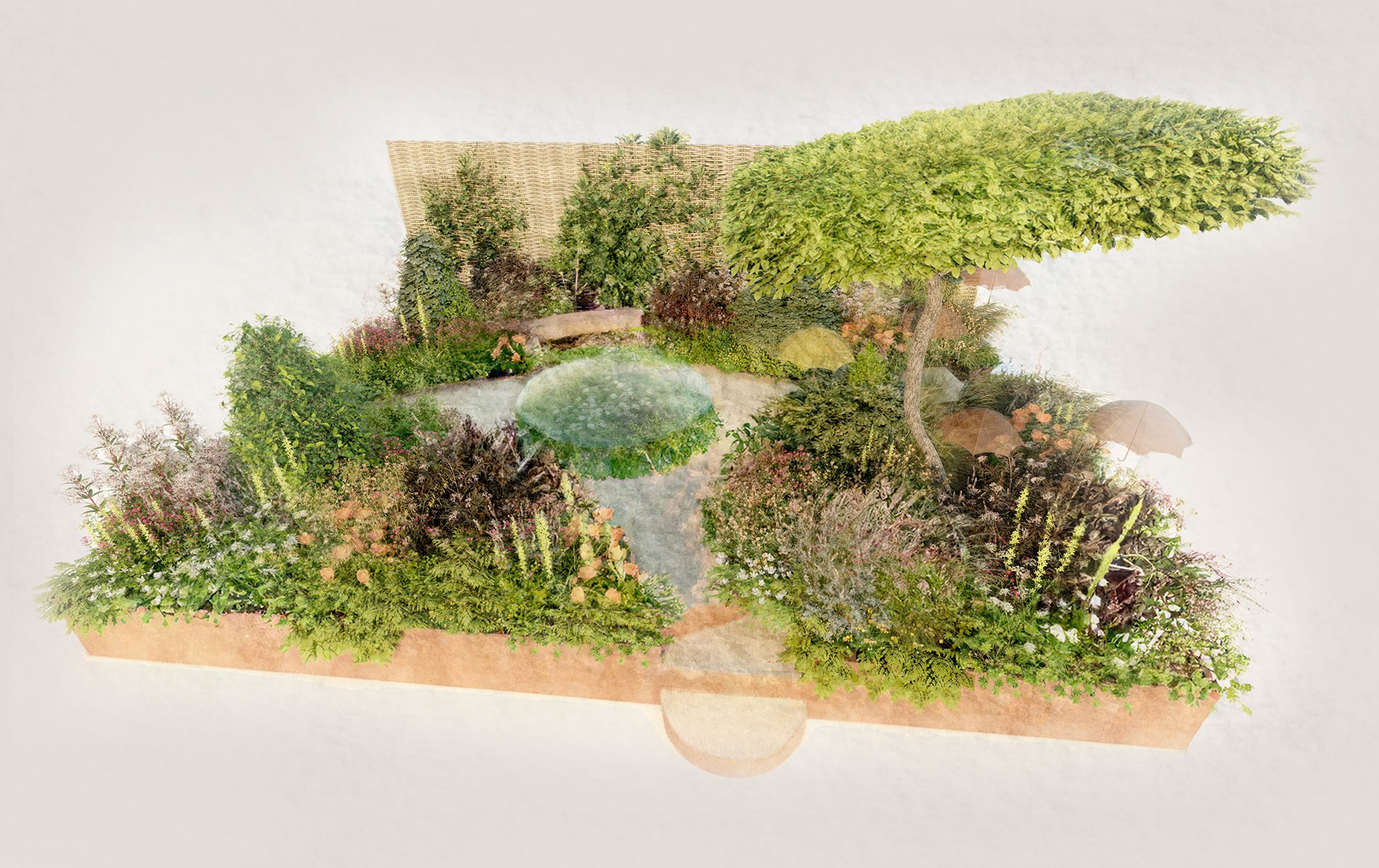Latest News & Insight

Acting CEO Dr Lindsey Roberts in Radio Interview with Shine Radio at RHS Chelsea Flower Show

Spotlighting a standout feature of our RHS Chelsea Flower Show 2025 garden: a bespoke parasol created for us by renowned floral designer Simon Lycett.

We’re delighted to announce that our debut show garden, “Thinking Differently,” won a Silver-Gilt Medal at the RHS Chelsea Flower Show 2025!

Discover the magic we're creating at Chelsea Flower Show- and how you can be part of it!

We’re delighted to announce professional jockey Lilly Pinchin as its newest Patron. A trailblazer in the world of horse racing and a proud advocate for neurodiversity.

We are absolutely thrilled to share that the Neurodiversity Umbrella Project has officially landed at Midsummer Place, Milton Keynes.

There has been a rise in the identification of some neurodivergent conditions, such as autism, in children and young people in England.
